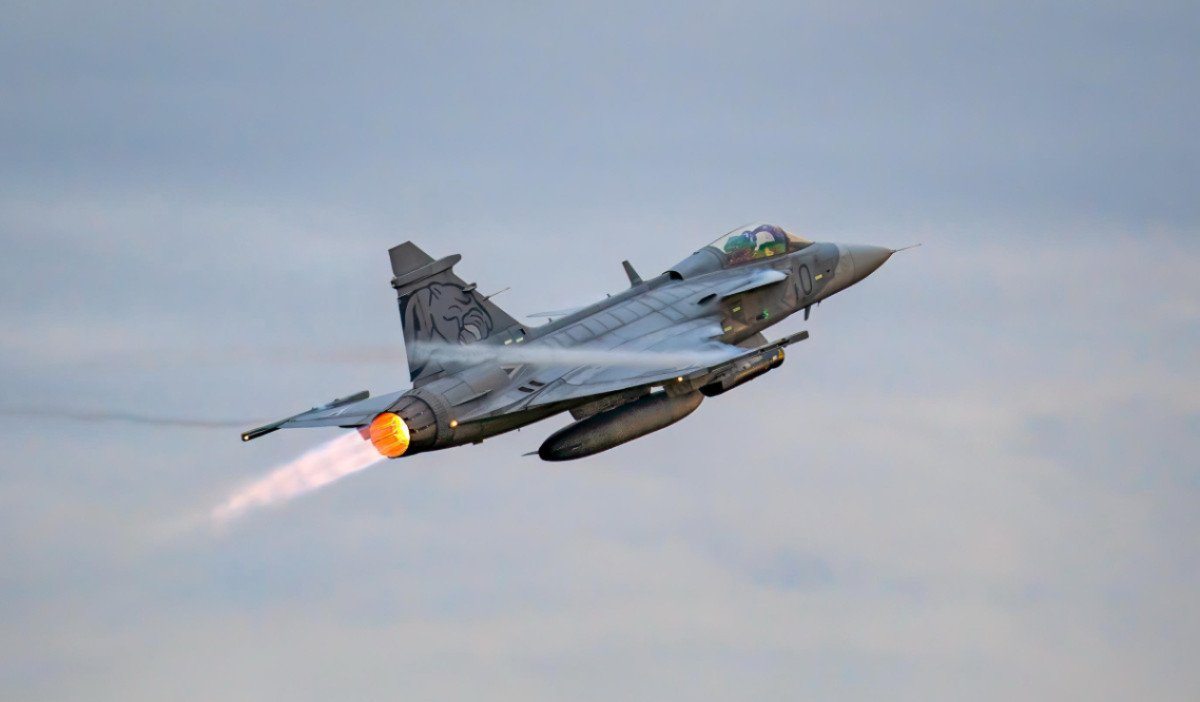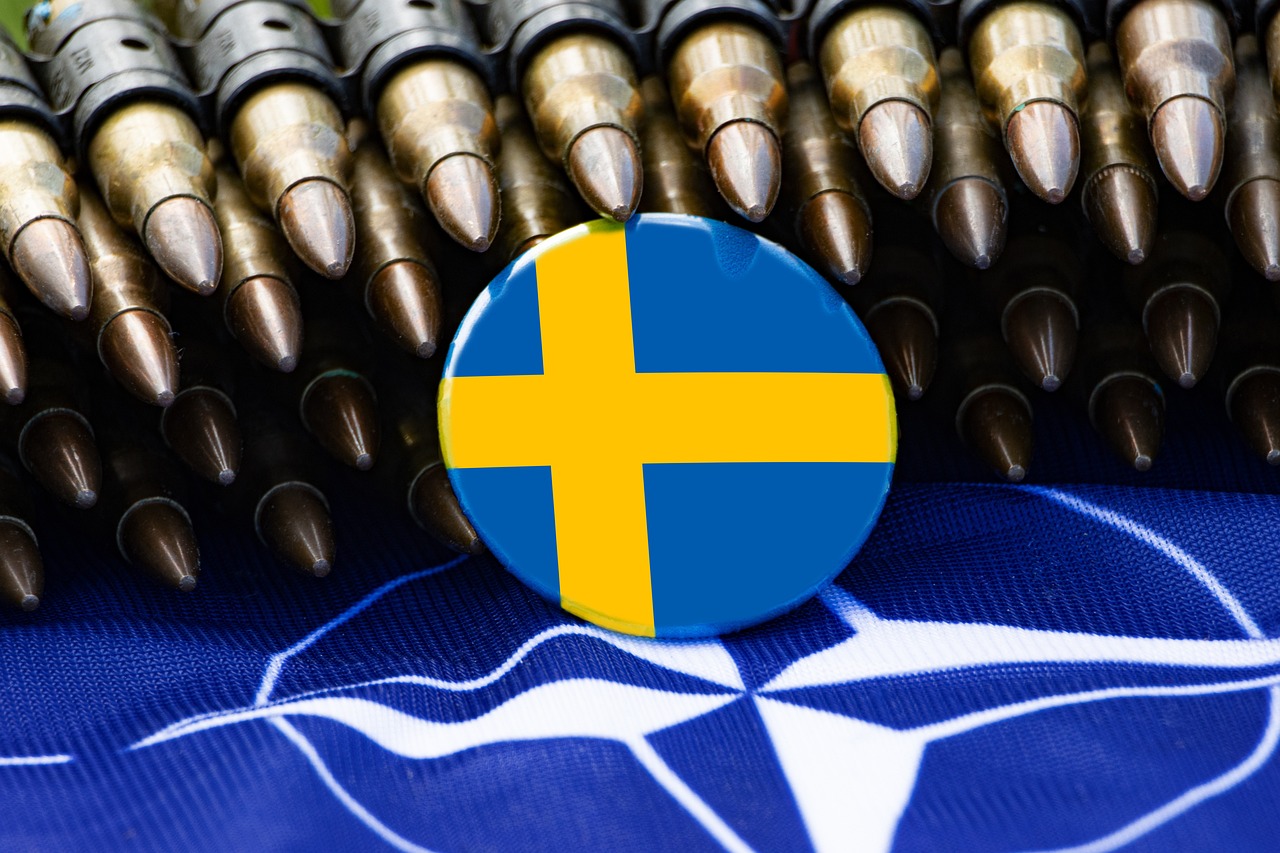
Hungary's Gripen program might undergo further development.Continue reading

In the complex realm of international relations, Hungary finds itself at a pivotal juncture as it navigates the intricacies of Sweden’s accession to NATO. The Hungarian Institute of International Affairs (MKI) has articulated a clear message: while Hungary acknowledges the importance of strengthening NATO, it expects mutual respect from both old and new members and advocates for regular political consultation in the alliance.
Hungary’s stance on Sweden’s NATO accession has been subject to scrutiny, with some perceiving it as a deliberate slowdown in the process. However, closer examination reveals a strategic approach aimed at safeguarding both the interests of Hungary and the integrity of the alliance. By inviting Swedish Prime Minister Ulf Kristersson to Budapest, Hungary aims to facilitate constructive dialogue and potentially remove obstacles to Sweden’s NATO accession approval by the parliament.
It will be my pleasure to welcome @SwedishPM Ulf Kristersson in Budapest this Friday. We are planning to discuss how to strengthen the defence and security policy cooperation between #Hungary and #Sweden, as well as our plans for the Hungarian Presidency of the Council of the… pic.twitter.com/cnIpoWn850
— Orbán Viktor (@PM_ViktorOrban) February 20, 2024
Central to Hungary’s approach is the pursuit of a sovereign and independent foreign policy.
Despite external pressures and criticism, Hungary remains steadfast in its commitment to representing its national interests.
This commitment underscores Hungary’s long-standing support for NATO, while also prioritizing the protection of its own sovereignty.
The relationship between Hungary and Sweden has been marked by challenges, including strained bilateral relations and negative media portrayals. Despite these obstacles, Hungary has demonstrated a willingness to engage in dialogue and has actively sought to improve relations with Sweden.
The recent transfer of withheld EU funds to Hungary following improvements in bilateral relations exemplifies diplomatic efforts to foster mutual understanding and cooperation.
Sweden’s NATO membership holds significant implications for Hungary, particularly in terms of security and defense cooperation. Hungary’s decision to support Sweden’s accession reflects recognition of the strategic benefits that such a partnership could entail, including potential military agreements that could enhance Hungary’s defense capabilities.
Amid ongoing negotiations between Hungary and Sweden, mutual respect and dialogue remain paramount.
Hungary’s commitment to intensive political consultations within NATO and with candidate countries underscores its dedication to uphold the principles of cooperation and collaboration within the alliance.
We have taken important steps with @SwedishPM Ulf Kristersson in order to rebuild trust. We are on course to ratify Sweden’s accession to @NATO at the beginning of Parliament’s spring session. pic.twitter.com/4pfCLweFap
— Orbán Viktor (@PM_ViktorOrban) February 17, 2024
As Prime Minister Viktor Orbán recently affirmed, the debate on Swedish NATO membership is nearing its conclusion. Hungary’s forthcoming ratification of Sweden’s accession is not a capitulation to international pressure, but rather a testament to the fulfillment of preconditions and the advancement of shared objectives within the alliance.
Via MTI; Featured Image: Pixabay